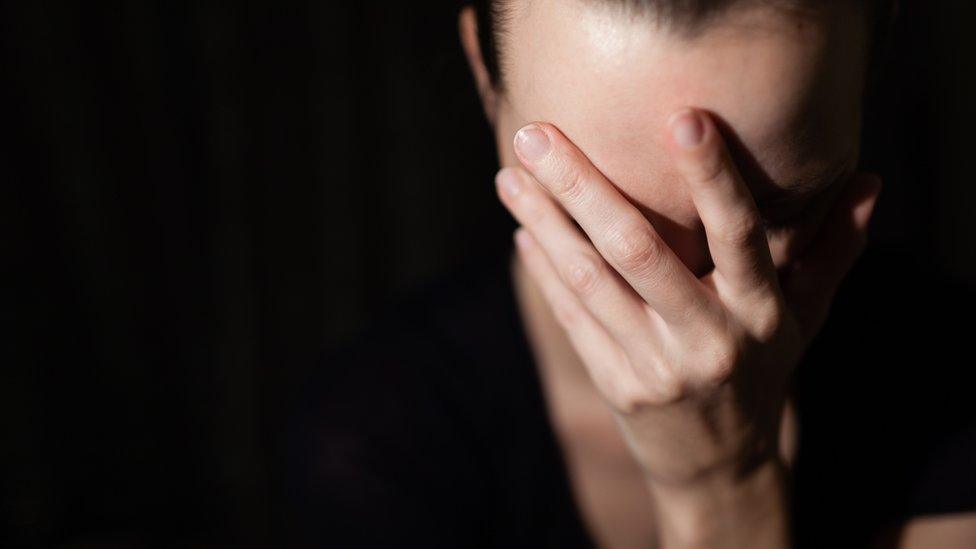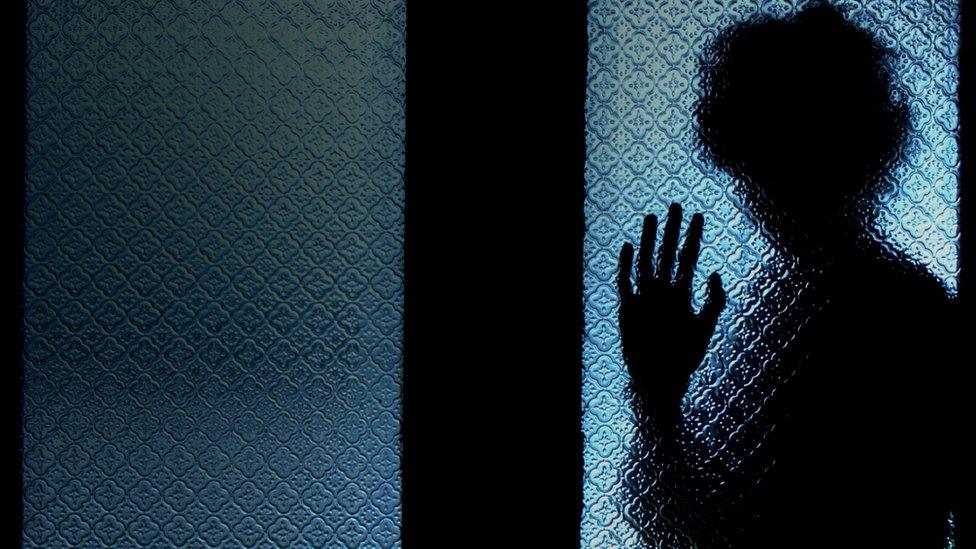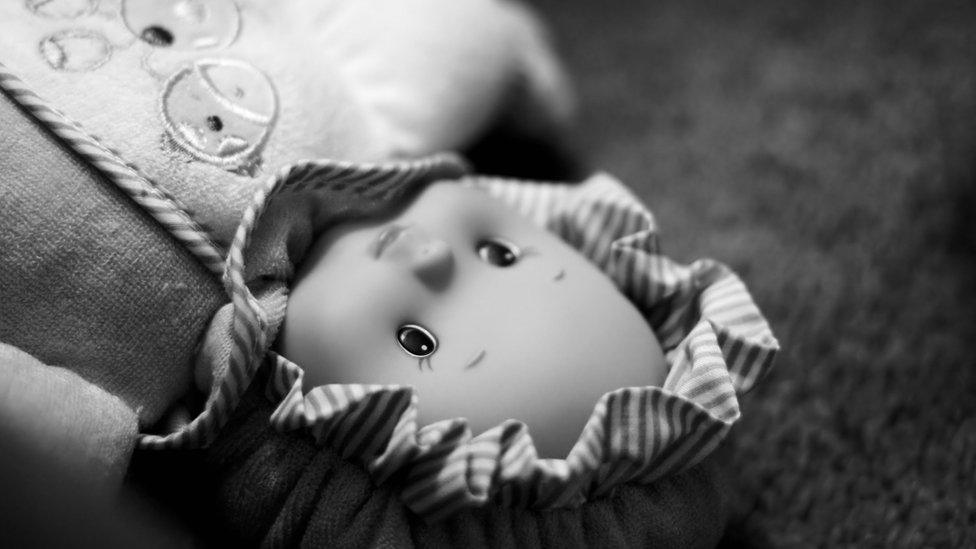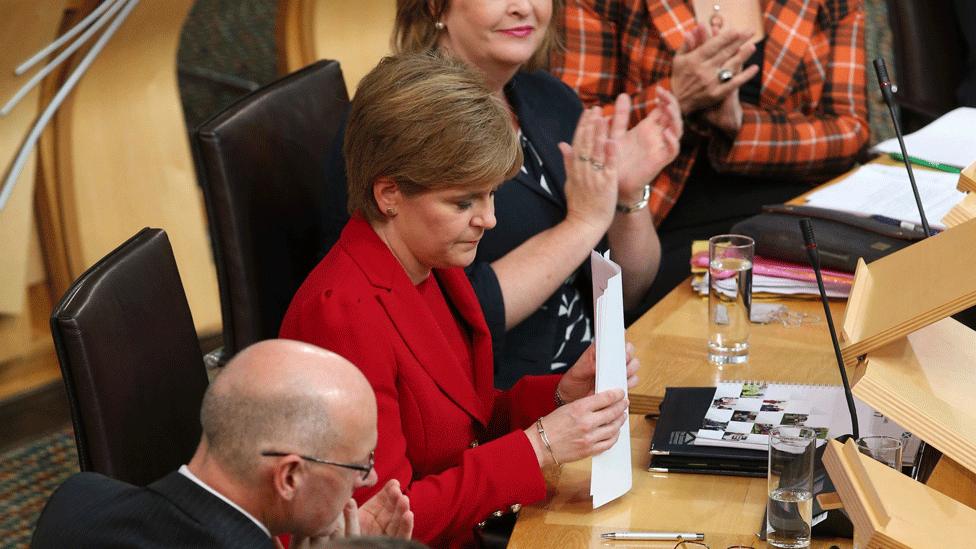Time bar on child sex abuse damages cases 'should be lifted'
- Published

Plans to scrap the time bar on child sexual abuse survivors suing for damages have been backed by Holyrood's justice committee.
The Scottish government wants to end the three-year limit on bringing a civil action.
It would mean that cases from as long ago as 1964 could be heard in court.
A justice committee report has now supported the government bill, which it is hoped would "remove a barrier" for survivors to access civil justice.
It said : "Survivors have been let down by the justice system and denied the opportunity to have their voices heard."
The Limitation (Childhood Abuse) Bill is due to be debated at Holyrood next week.
It would:
end the three-year limitation period for personal injury actions where the person raising the action was a child (under the age of 18) at the time the injury occurred and the act or omission to which the child's injuries were attributable constituted abuse
remove the limitation period whether the abuse occurred before or after the commencement of the new provisions
and apply to abuse that took place after 26 September 1964.
The committee called on the government to "explore what other options for redress could be made available" for victims abused before 1964.
Its report said civil action would not be the right course for all survivors.

Survivors groups say they feel failed by the inquiry
But it said support should be given about whether to claim, and continue throughout the legal process.
Concerns were raised that the government estimate of 2,200 potential cases was "conservative" and the cost of the bill may have been underestimated.
The committee said the financial impact on bodies such as local authorities and charities facing historic claims and requests for information also needed to be looked at.
'Give survivors a voice'
Committee convener Margaret Mitchell said: "It became clear to us that the time bar had created a barrier to access to justice for cases involving historic childhood abuse. The bill will help remove that barrier and give survivors a voice.
"That said, our evidence sessions raised serious questions in a number of areas that the committee considers the government must take on board before the final bill is put to parliament.
"In particular, the committee asks the government to address concerns around ensuring affected organisations have the resources they need and how those survivors who won't be covered by this bill may still find a remedy."
Annabelle Ewing, minister for community safety and legal affairs, welcomed the committee's "support for the general principle of the bill".
She said: "The government has been taking forward a range of measures to help right the wrongs committed against those who as children were failed so badly by the very individuals and institutions who should have cared for them most.
"This report raises a number of important issues which the government will reflect on and I look forward to a constructive debate next week to examine these in further detail."
- Published15 September 2016

- Published6 September 2016
